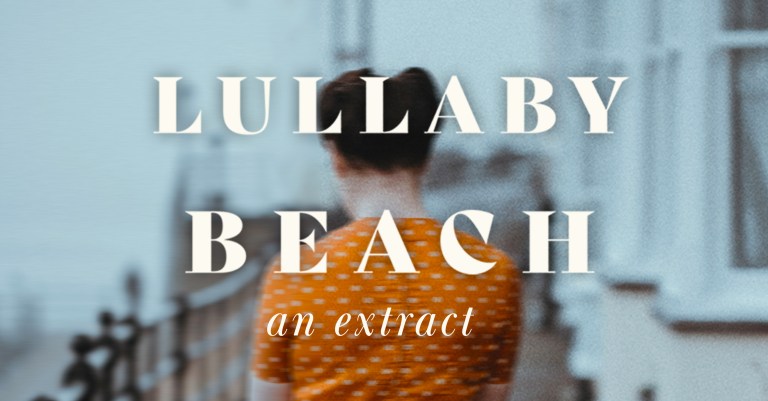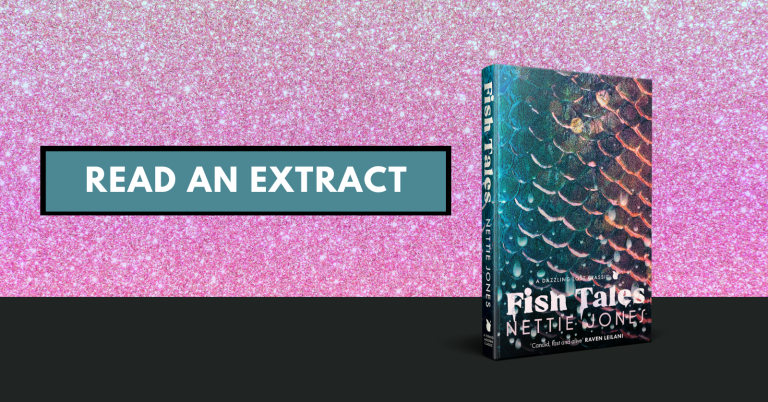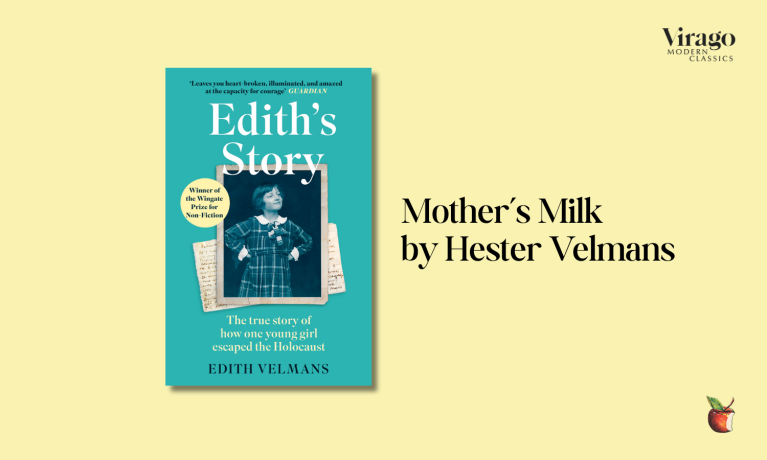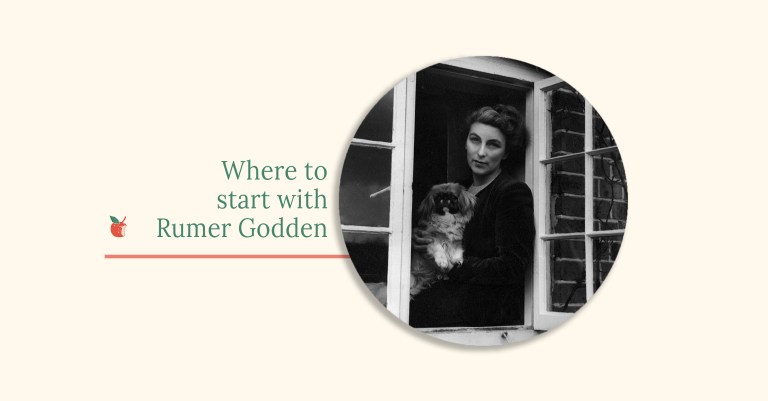Stella Duffy on Lullaby Beach
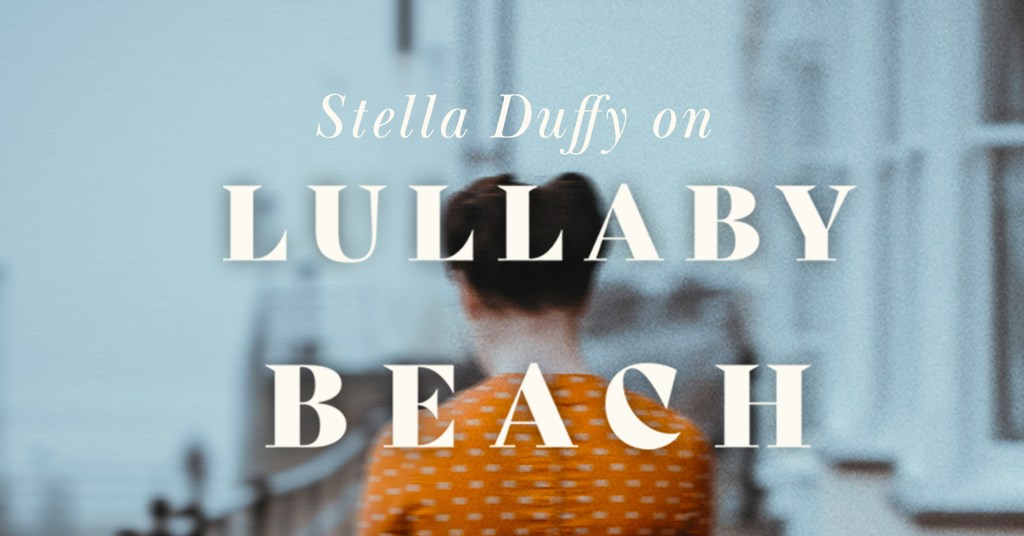
To celebrate the publication of Lullaby Beach we welcomed author Stella Duffy to the Virago blog.
Lullaby Beach is out 4th Feb 2021.
* * *
I love writing about ‘ordinary’ people. All ordinary people are also extraordinary in their own way, and each one of us is ordinary-extraordinary. The place where someone is extraordinary makes them shine as a character, the place where they are ordinary is what helps us believe in them as a reader.
The #MeToo movement has made a massive difference for many women, the whole point of ‘me too’ was to acknowledge that sexual abuse, in every form, is as common as it is damaging. However, our media loves celebrity, and so the cases that attract the most attention are those with the highest profile survivors and highest profile abusers, the ‘extraordinary’ people. That helps get the story out, but most abuse doesn’t take place in a shiny hotel or a posh office, it’s rarely at a glamourous party or a gorgeous penthouse apartment. It happens in dull back offices and dirty kitchens, in suburban streets and pubs with tired, sticky carpet. It takes place in ordinary homes to ordinary people. Most abuse is perpetrated by the most ordinary of people.
Like most women of my generation – I am almost 58 – I have experienced sexual abuse, in many guises. I am tempted to write ‘some abuses far worse than others’, but the spectrum of abuses means they are all joined up. Also like most women of my generation, I have ignored abuses, written them off as drunken fumbles, as clumsiness, as ignorance, as rudeness, as unintentional boorishness. When I was younger, I wondered if it was my fault, if I was attracting it, if it was possible that I actually wanted it on some level – after all, that was the common narrative. I am deeply grateful to the feminism I encountered in my twenties that assured me, no, it was not my fault that the family friend in his forties kissed and fumbled and grabbed me on numerous celebratory occasions when I was thirteen and fourteen and fifteen. I had not asked for it, it was not my fault, I had not ‘attracted’ it. None of the occasions, from the dozens of times in my teens and twenties to the man who sexually assaulted me in the street just last May, as I walked home from an 8am run – none of the times were my fault.
The women in Lullaby Beach are not me, although I do have five sisters and I definitely have some amazing nieces. Their experiences are not mine, but they are similar enough to my own experiences and those of almost every woman I know, for me to feel confident in writing of those experiences across three generations. It is because I know so many people who have survived different abuses that I also felt confident to write of what comes after; how we survive differently, how not every survival is a typical ‘hero’s journey’, not every overcoming ends in the cliché happy ending, but that survival itself can be a happy ending of sorts, that learning to accept and live with ourselves is the real happy ending.
I may have felt able to write it – but it really wasn’t easy. Thankfully, while writing the tough stuff, I also had the joy of writing a teenage Kitty in London in the 1950s, the hope and optimism of that time; writing teenagers in the 1990s; writing them now. If Covid and lockdown has shown me one thing, it’s how much I miss the company of children and young people. I miss sticky-fingered hand-holding with my great nieces and nephews, surprise kisses and unsurprising fart jokes. I want my teenage godchildren and greats to look horrified when I get the wording for some social media meme totally wrong and then look pleasantly surprised that I know anything about manga and welcome their recommendations. I’ve missed the young people in my life this past year, working on the copyedit reminded me how much.
Lullaby Beach is about family, trauma, loss, abuse and survival. It’s about young people and the adults they – we – become. It’s about friendship across generations, the diagonal family bond between aunts and nieces, repeating family patterns – good as well as bad. It’s about learning to live with ourselves. It’s about learning, as Kitty does, to live with ourselves gloriously.
* * *


